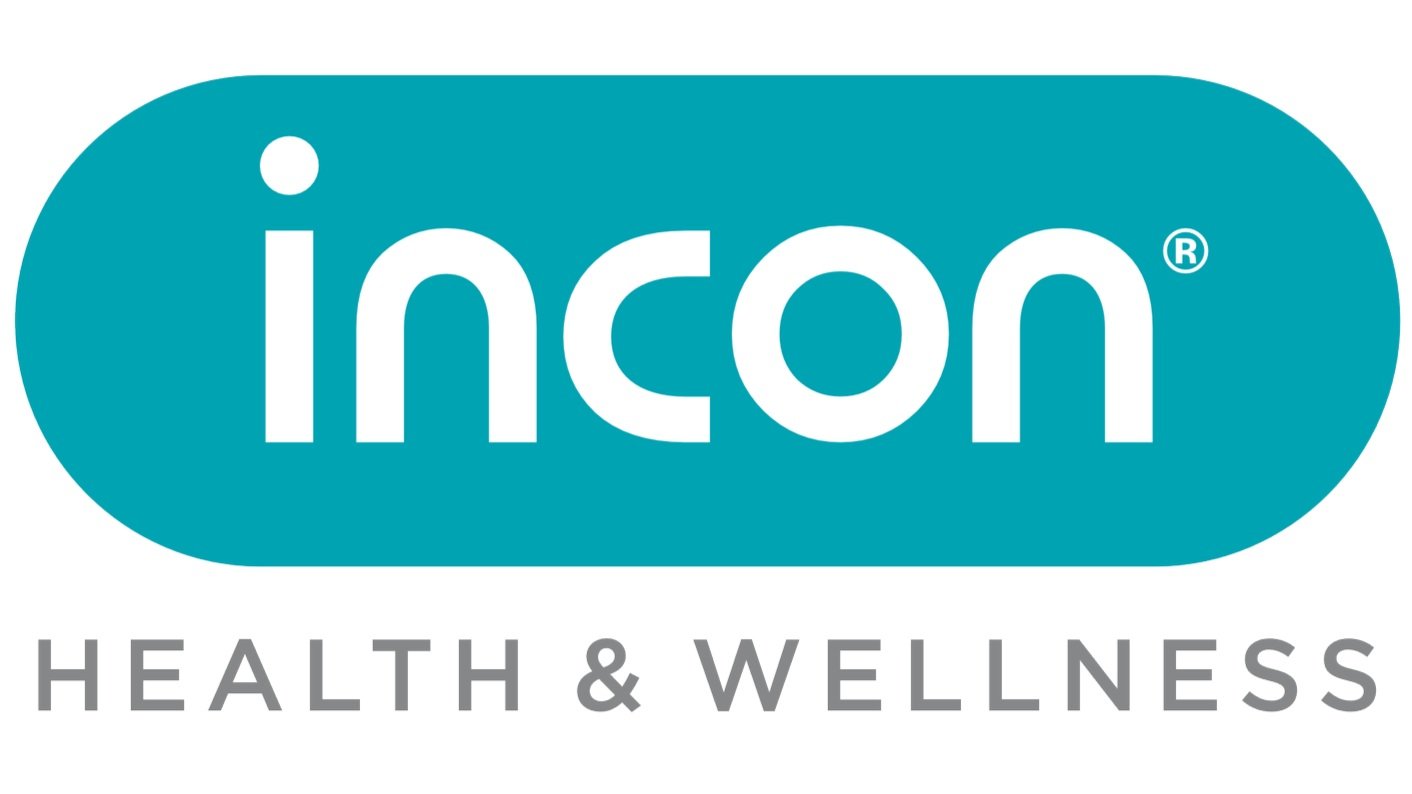Social Employee Assistance Programs
Focus on various social challenges in order to; help employees to cope with or resolve these challenges to prevent them from negatively affecting their work.
S.E.A.P Services
-
24/7 Confidential helpline service operated by our qualified social workers to assist employees in ultimately resolving personal and/or work-related challenges to prevent these from negatively impacting their mental health as well as work performance. Toll-free numbers and assistance are available in English, Afrikaans, isiXhosa, isiZulu, Sesotho & Setswana.
-
On-site face-to-face counseling services are provided to employees at their place of business. These services are provided by qualified social workers aimed at assisting employees with a variety of challenges both personal and work-related. The aim is to assist employees to navigate through these challenges and equip them with the necessary information, tools, and techniques to resolve but also to prevent reoccurrence.
-
Providing support to employees on an individual or group level in the event of a work-related trauma incident such as a death, assault, suicide, armed robbery, etc. This service component takes part over three sessions within the first 48 hours post-incident.
Education and Development
-
Educational awareness on alcoholism, how to identify the difference between casual drinking, alcohol abuse, and alcoholism, effects alcohol has on the body, family, recovery process, aftercare, and resources.
-
Education on different types of communication, communication styles, barriers, communication skills, guidelines in resolving conflict, and techniques in conflict management.
-
Educational awareness on substance use, different substances, what is drug dependence and how to identify if you or someone has drug dependence, effects on the body and family, treatment and the recovery process, aftercare and resources
-
Providing a basic understanding of financial well-being, the effects financial stress can have on an individual as well as their family, basics on budgeting, tips for saving, and educational resources to upskill oneself.
-
Emphasis on the importance of mental health, warning signs and symptoms, reducing stigma, promoting help-seeking behavior, and well-being practices such as self-care and accessing mental health resources.
-
Education awareness on understanding/defining stress, stress management, the difference between stress and burn-out, helpful tools and techniques to reduce stress, negative effects stress can have on oneself (mind and body) as well as on those around you, the importance of self-care, tips, and tools.
-
Providing awareness of the causes, understanding the difference between stress and burnout, how to better equip oneself to prevent it from occurring, identifying the warning signs, seeking support, and how to recover.
